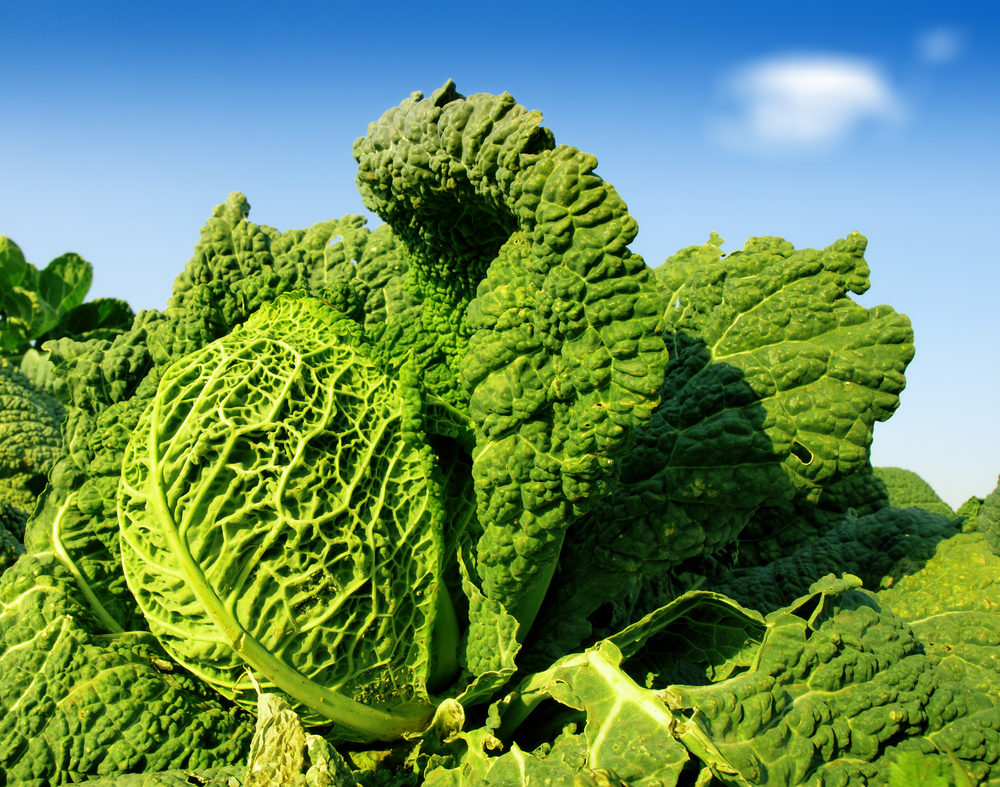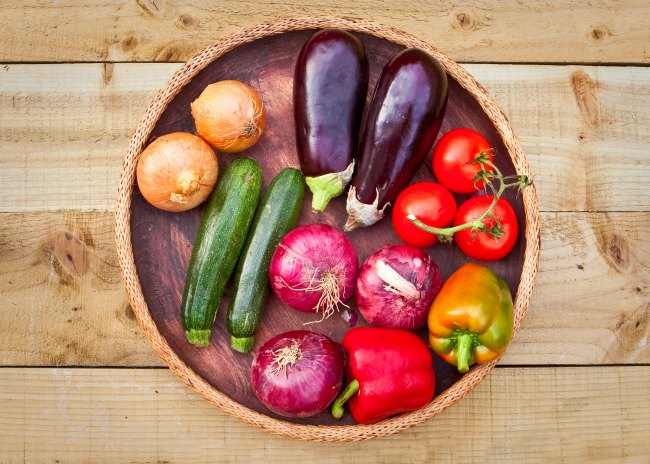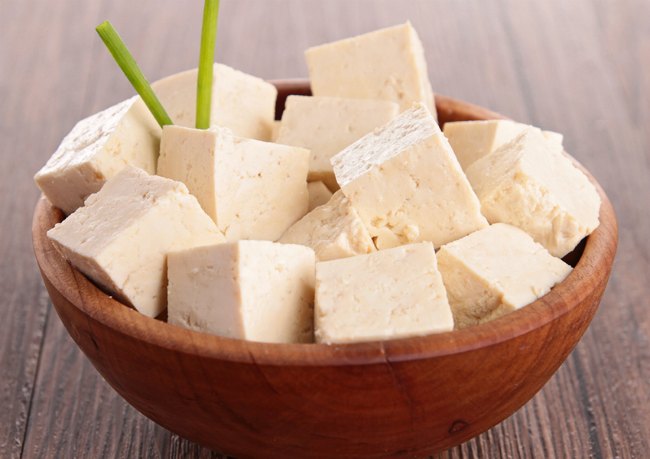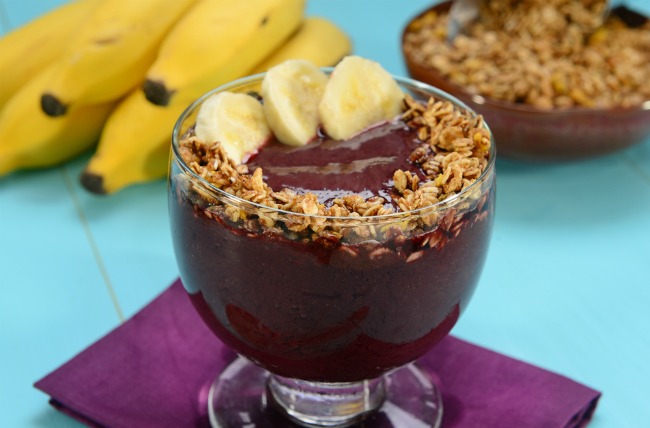
Categories
Recent Posts
- Why Anger is the Key to Building Real Self-Worth + BoundariesOctober 13, 2025
- The Toxic Self-Help Trap: The Real "Healing Hack" is that You're ALREADY WorthyOctober 12, 2025
- What If "Healing" Isn't Supposed to Be Fast?October 2, 2025
- Why Anger is the Key to Building Real Self-Worth + Boundaries
-












3 Comments
Isn’t it a fact only FERMENTED SOY is beneficial?
Joseph, thank you for your comment. Please refer to “Researchers sifted through the studies. And, it turns out that only the unfermented soy seemed to help. Tofu and soy milk consumption were associated with about a 30% reduction in risk, whereas there didn’t appear to be any protection linked to fermented soy foods.” https://nutritionfacts.org/video/fermented-or-unfermented-soy-foods-for-prostate-cancer-prevention/